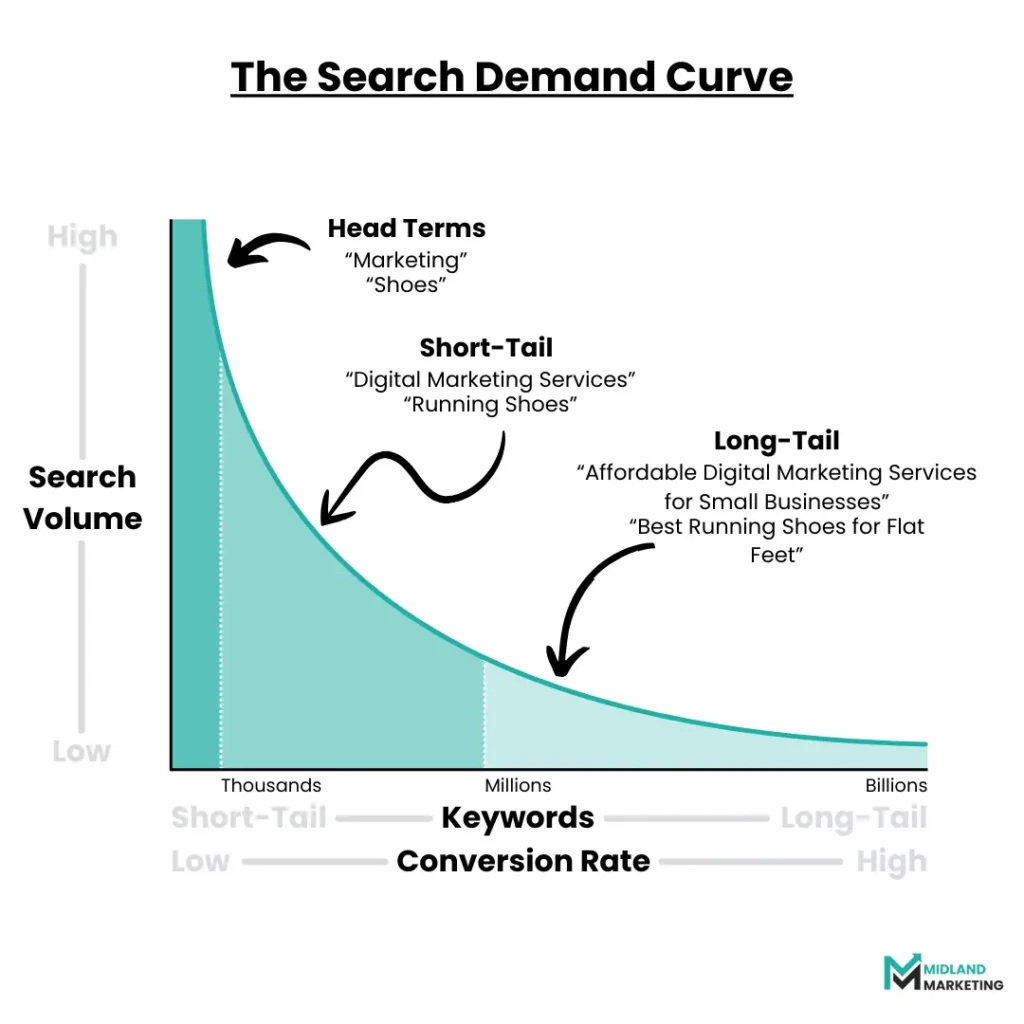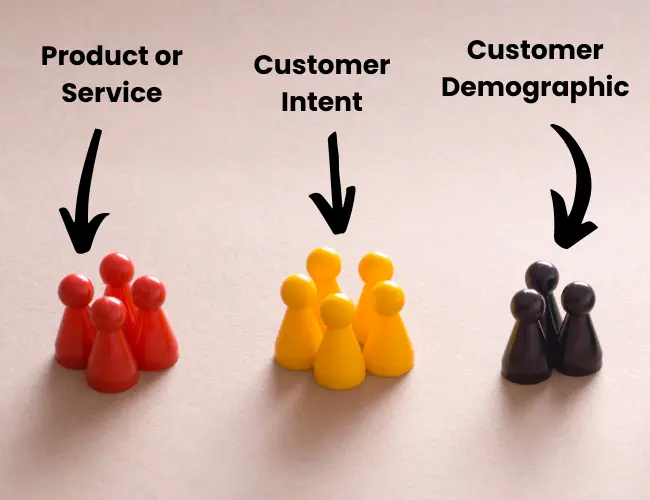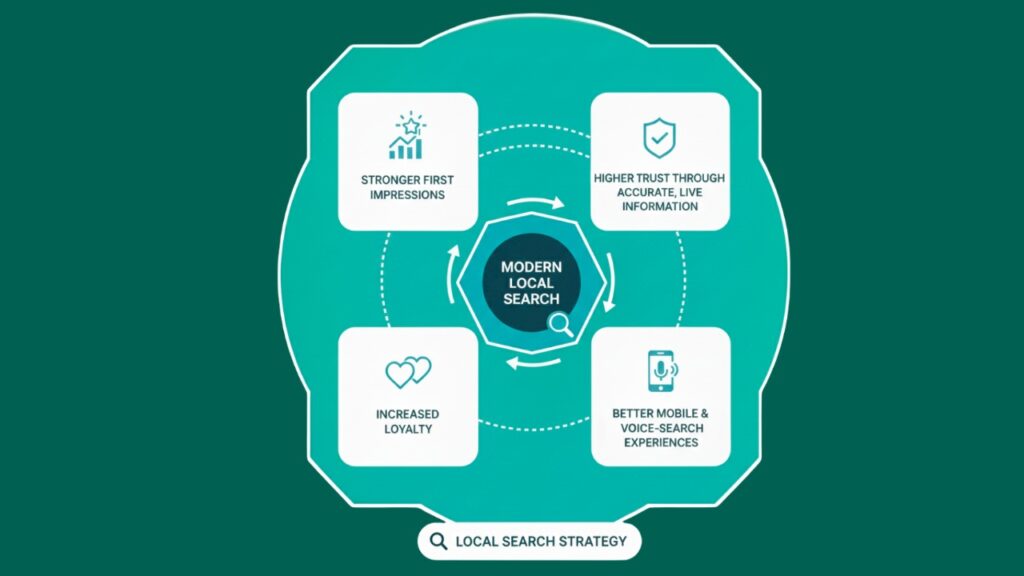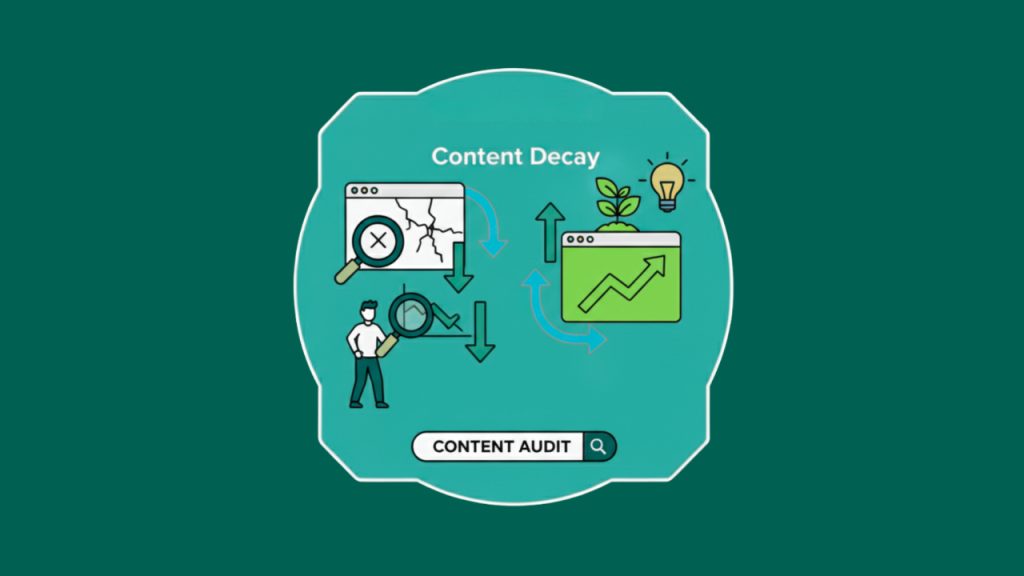Introduction
Pay Per Click advertising is a powerful tool for businesses looking to attract high-intent traffic and conversions. However, running ads is only part of the equation, as your success largely depends on choosing the right keywords.
Picking the wrong keywords can lead to wasted budget, poor click-through rates (CTR), and low returns. On the other hands, with a well-researched approach, you can find keywords that not only drive traffic but also boost sales. Think of keyword research as the foundation of your PPC strategy: without it, your efforts may fall short.
In this article, we’ll guide you through the process of conducting effective keyword research for PPC, ensuring your ads reach the right audience and deliver the results you’re aiming for.

Understanding Keyword Search Intent
Not all keywords are the same, which is why it’s important to match them with the right search intent to get the best results. In general, there are four main types of search intent:
- Informational: Users are looking to learn more about a topic or product.
- Navigational: Users are searching for a specific website, page, or destination.
- Commercial: Users are comparing brands, products, or services before making a decision.
- Transactional: These users are ready to take action, like making a purchase.
What Are the Different Keyword Categories?
Keywords come in different types, each with its own level of traffic and competition. Generally, there are three key categories of keywords:
- Head Terms: Short, broad keywords (e.g., “shoes” or “marketing”) that generate high search volume but tend to have low conversion rates due to intense competition.
- Short-Tail Keywords: More specific terms (e.g., “running shoes” or “digital marketing services”) with moderate search volume and competition, but still prone to lower conversion rates.
- Long-Tail Keywords: Longer, more specific phrases (e.g., “best running shoes for flat feet” or “affordable digital marketing services for small businesses”) with lower search volume but higher conversion rates due to more targeted user intent.
Learn more about keywords and their uses in our article on long-tail vs short-tail keywords.

How to Conduct Effective Keyword Research for PPC
Step 1: Brainstorming and Understanding Your Audience
Before using keyword tools, take a moment to consider your audience and their needs. Start by asking yourself questions like:
- What problems does your business solve?
- What products or services do you offer?
- What solutions are customers searching for?
- What terms do people use when searching for your products or services?
These insights will serve as a strong foundation for your keyword research.
Step 2: Using PPC Keyword Research Tools
Once you have a basic list, refine it using powerful research tools:
- Google Keyword Planner: Ideal for discovering keyword volume and cost estimates.
- Semrush & Ahrefs: Great for competitor keyword analysis.
- Ubersuggest & AnswerThePublic: Helps uncover long-tail and question-based keywords.
- SpyFu: Provides insight into competitors’ PPC strategies.
Step 3: Keyword Gap Analysis
Why reinvent the wheel? Look at what your competitors are bidding on and identify potential gaps. Tools like Semrush and SpyFu allow you to see their top-performing keywords and find opportunities they may have missed.
Create Keyword Groups
Organising keywords into specific groups is crucial for optimising your PPC campaigns. This approach enables you to create more relevant ad groups, which in turn enhances ad performance and boosts conversion rates.
Typically, it’s effective to group keywords by:
- Product or service
- Customer intent
- Demographic
However, you have the flexibility to organise keywords in a way that suits your campaign. As long as the groups reflect distinct search behaviours or preferences, you can tailor your ads for maximum relevance and impact.

Choosing the Right PPC Keywords for Better ROI
Prioritise High-Intent Keywords
Keywords with strong commercial or transactional intent typically lead to higher conversions. The intent behind a keyword plays a significant role in determining the likelihood of a user taking action. Here’s how different types of intent affect conversion potential:
- Generic Keywords: Terms like “PPC marketing” have low intent. These keywords are broad and often attract users who are just starting their search, making it harder to achieve steady, reliable results.
- Commercial Keywords: A phrase like “Best PPC agency for small businesses” reflects medium intent. Users searching with this keyword are likely comparing brands or exploring options, which indicates a higher likelihood of them making a purchase or engaging with a service compared to more generic terms.
- Transactional Keywords: Keywords such as “Hire a PPC expert near me” signal high intent. Users who search with transactional terms are ready to take immediate action, making these keywords the most valuable for driving conversions.
Finding Low-Competition, High-Opportunity Keywords
Highly competitive keywords can quickly deplete your budget without guaranteeing strong results. To maximise your PPC efforts, focus on long-tail keywords that not only have lower competition but also demonstrate strong user intent. For example, a keyword like “affordable PPC management for startups” targets a more specific audience, offering a better chance for conversion while keeping costs down.
Using Negative Keywords to Avoid Wasted Spend
Negative keywords help ensure your ads don’t appear for irrelevant searches, saving you from wasting ad spend on unqualified clicks. For instance, if your business only offers paid services, adding “free” as a negative keyword can prevent your ads from showing to users looking for free options, ultimately improving the quality of your traffic.
Optimising PPC Keyword Strategy for Quality Conversions
Aligning your ad copy with your keywords is essential for PPC success, as Google Ads prioritise relevance. Ensure your ad includes the exact keywords you’re targeting. For instance, if you’re bidding on “affordable PPC agency,” use a headline like “Affordable PPC Agency – Get More Leads Today.”
Your landing page must also match the keyword intent. Include a headline with the keyword, a clear call-to-action (e.g., “Get a Free PPC Audit Now!”), and trust signals like testimonials to boost conversions.
It’s also good practice to regularly monitor metrics such as CTR, conversion rate, and CPA to track keyword performance. Run A/B tests and pause underperforming keywords to optimise your campaign results.

Optimising Your PPC Campaigns with High-Converting Keywords
Finding high-converting PPC keywords is about more than choosing the most popular terms – it’s about targeting users at the right stage of their buying journey. To optimise your PPC campaign’s success, focus on search intent rather than just traffic volume.
By prioritising high-intent keywords over broad, high-traffic terms, you can attract more relevant clicks that are more likely to convert. Leverage data-driven tools and competitor insights to refine your strategy, ensuring you’re targeting the most valuable terms. As with all PPC campaigns, regular optimisation is key. Make sure you routinely review and adjust your campaign based on performance metrics to maximise returns.
Ready to boost your PPC results? Our team at Midland Marketing specialises in crafting tailored PPC strategies to drive measurable growth for your business.
Want some more?
Latest Insights & News

How Modern Local Search Transforms the Customer Experience
The New Role of Local Search in Customer Experience Local search didn’t make a grand entrance. It settled into the middle of our online lives

AI Search Optimisation for E-commerce: 7 Proven Steps to Boost Visibility and Sales
How AI is Changing the E-commerce SEO Game AI search optimization for e-commerce is no longer an idea. It is practice. Search engines now use

Understanding Content Decay: How to Spot and Revive Underperforming Pages
What Is Content Decay and Why Does It Matter for SEO Content decay is the gradual decline in organic traffic and rankings. This happens to












